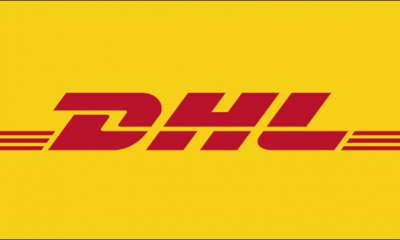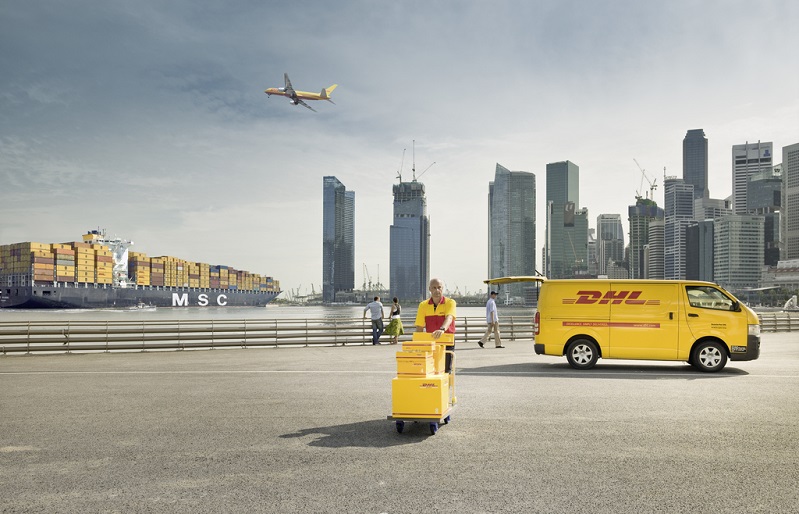Successful importing requires specific documentation such as a bill of landing and a commercial invoice. The required forms differ from country to country and may vary depending on the type of merchandize being imported.
Fortunately the information needed to ensure compliance, and the logistics services required for delivery, are easily accessible.
Websites for government agencies and chambers of commerce are great places to conduct initial research, gain a general understanding of how the importation process works in your country, and answer specific questions. Perhaps most importantly, initial research will provide the information you need to develop an import roadmap – a document that details how you will expand your company to take advantage of the opportunities importing offers.
Doug Smith, assistant director of the International Trade Center at the University of Texas at San Antonio and an international business expert, believes it’s critical to create this import roadmap. “A business plan guides your overall business: where you want to be, what resources you have available, your mission. Importing has to be consistent with that, because if it’s not, the effort is likely to fail.”
Smith recommends that the roadmap cover the stages of the import process – and your readiness to address them – the kinds of merchandise or materials you want to import, the kinds of manufacturers you need to locate, and potential hidden costs.
Once you’ve created an import roadmap, choosing an effective logistics partner is a logical second step. In addition to having a strong operation in the country you want to import from, the logistics provider should also have proven international capabilities – you may ultimately want to import products and materials from nations as well – and maintain a strong presence in your local market. This is crucial importance, because you don’t want imported materials to require shipments from additional parties once they enter your domestic market.
Maritza Castro, vice president of customs and regulatory affairs for the Americas at DHL Express, equates choosing a logistics partner for importing with choosing a location for your business.
“We’ve all heard the business mantra ‘location is everything’ and in some industries, that’s certainly true,” said Castro. “In importing, the same can be said for logistics. Who you partner with in your importing efforts can dramatically impact success. It’s important to select a partner that not only offers the required capabilities, but also has a proven track record successfully complying with all relevant laws. Even more importantly, you want a provider that can help guide you through the process and answer any questions that arise, even as new trade agreements and regulatory requirements arise.”
For more information on making an import roadmap, see “Building Your Import Roadmap” at DHL.com. Helpful information, including complimentary training materials, and access to experts are also available at the International Trade Center website.



Follow Us